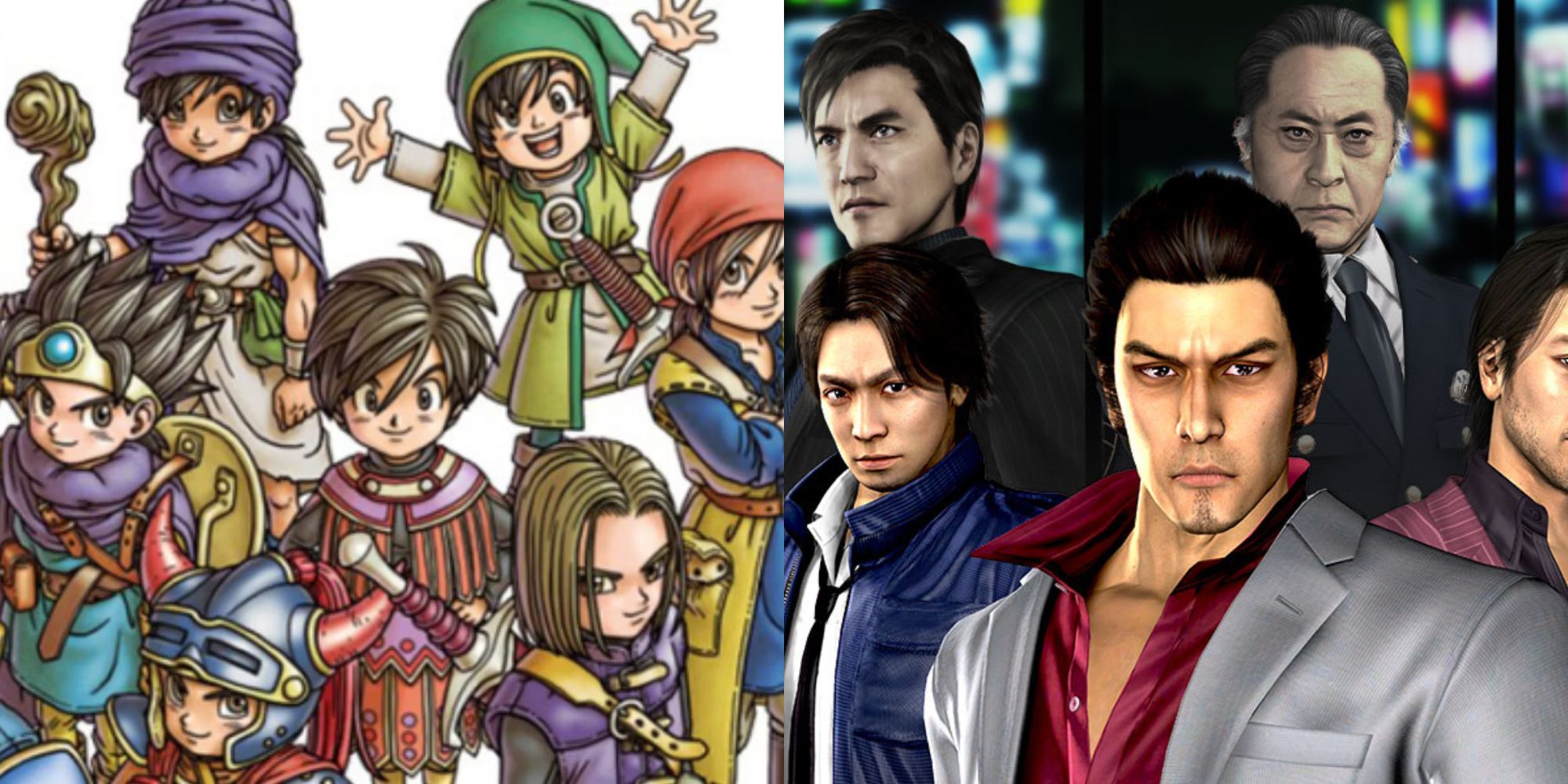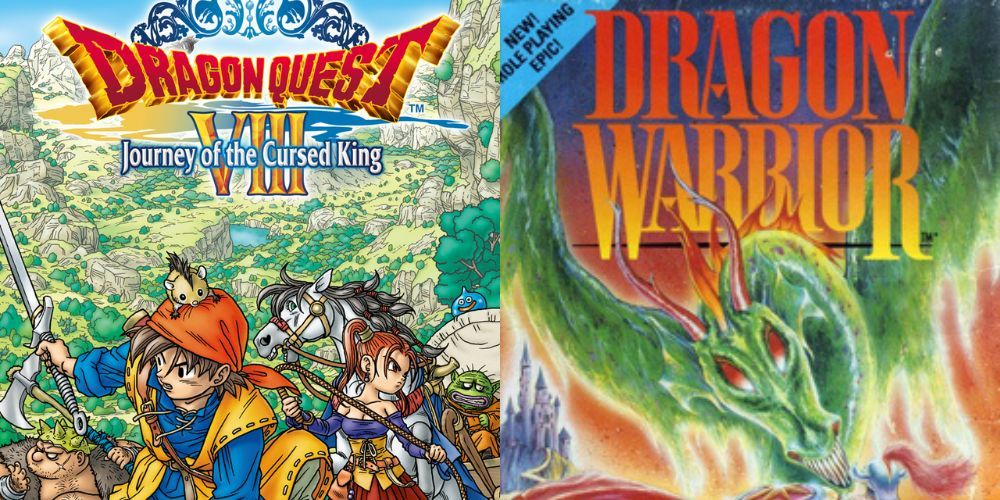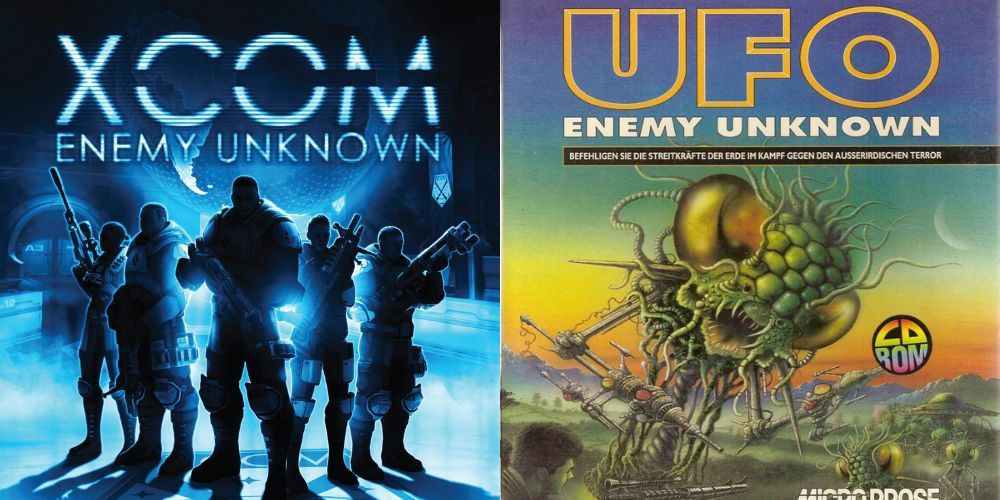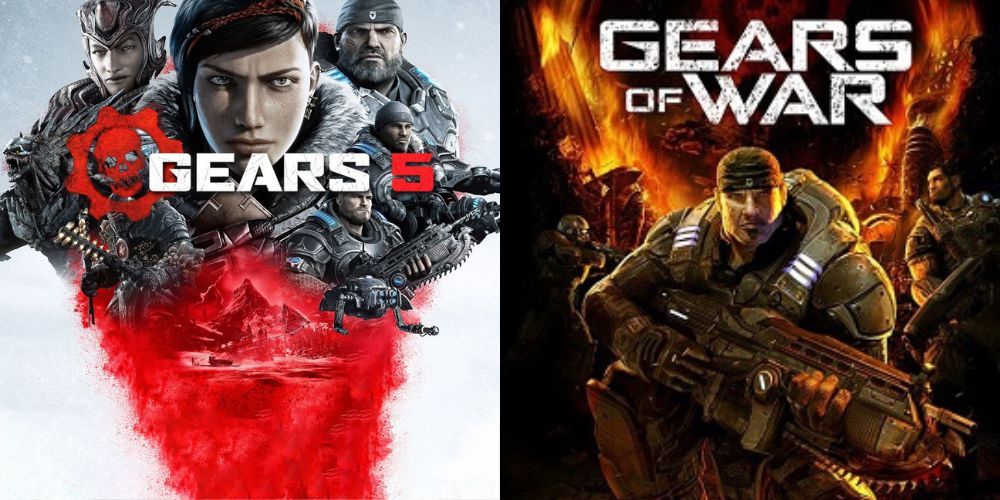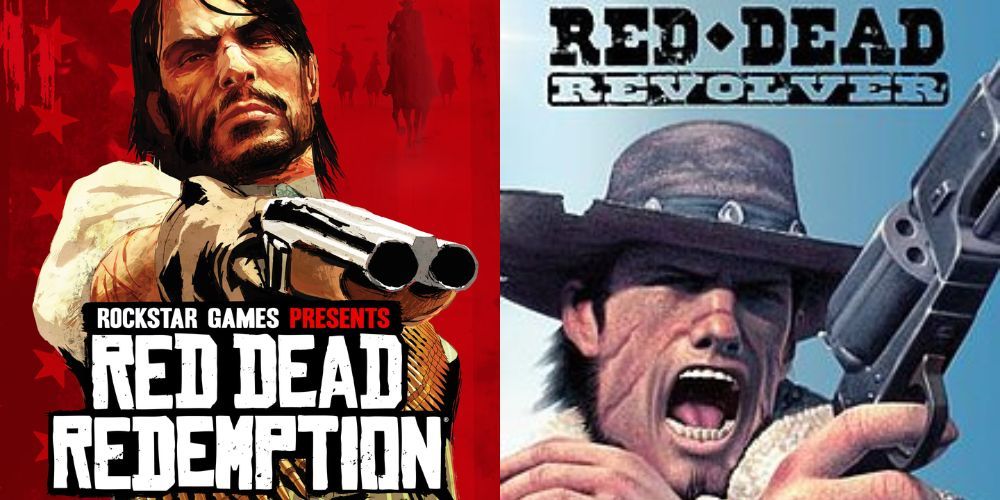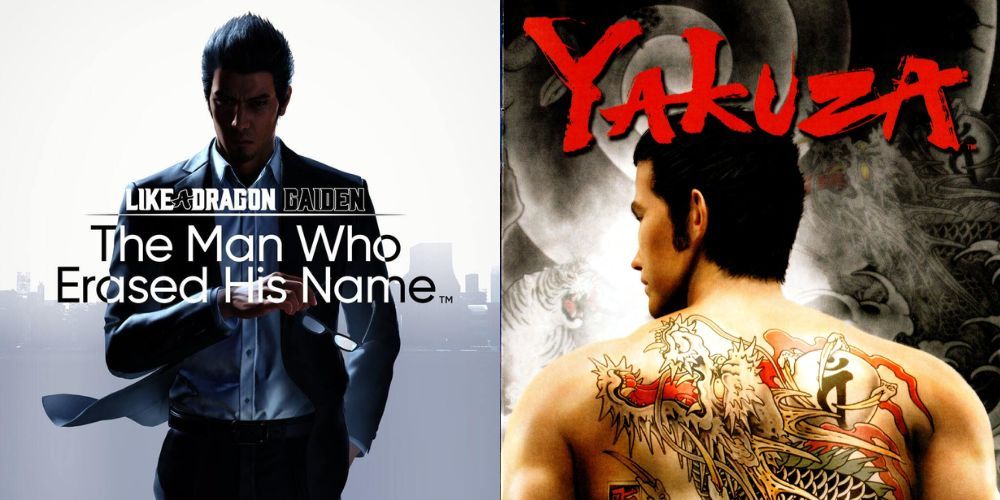Branding is a crucial aspect of every business, and video games are no exception. Any time game companies have to market a brand-new release, they need to come up with a unique name that will grab the attention of their audiences. And, while sometimes they get it right on the first try, many other times a change in title is required for one reason or another.
There are a good number of video game franchises that have changed their names over the years. Some of them even carried these titles for so long that some people may have no idea they were ever changed at all. Whether because of localization, rebranding, copyright issues, or something else, these are some of the interesting cases.
5 Dragon Quest
Previously Known As: Dragon Warrior
Dragon Quest is one of the most iconic and influential role-playing franchises in the industry. With a beautiful art style by Akira Toriyama and amazing RPG mechanics by Enix (before they merged with Squaresoft to create Square Enix) the name of this series is recognized everywhere, but it wasn’t always the case.
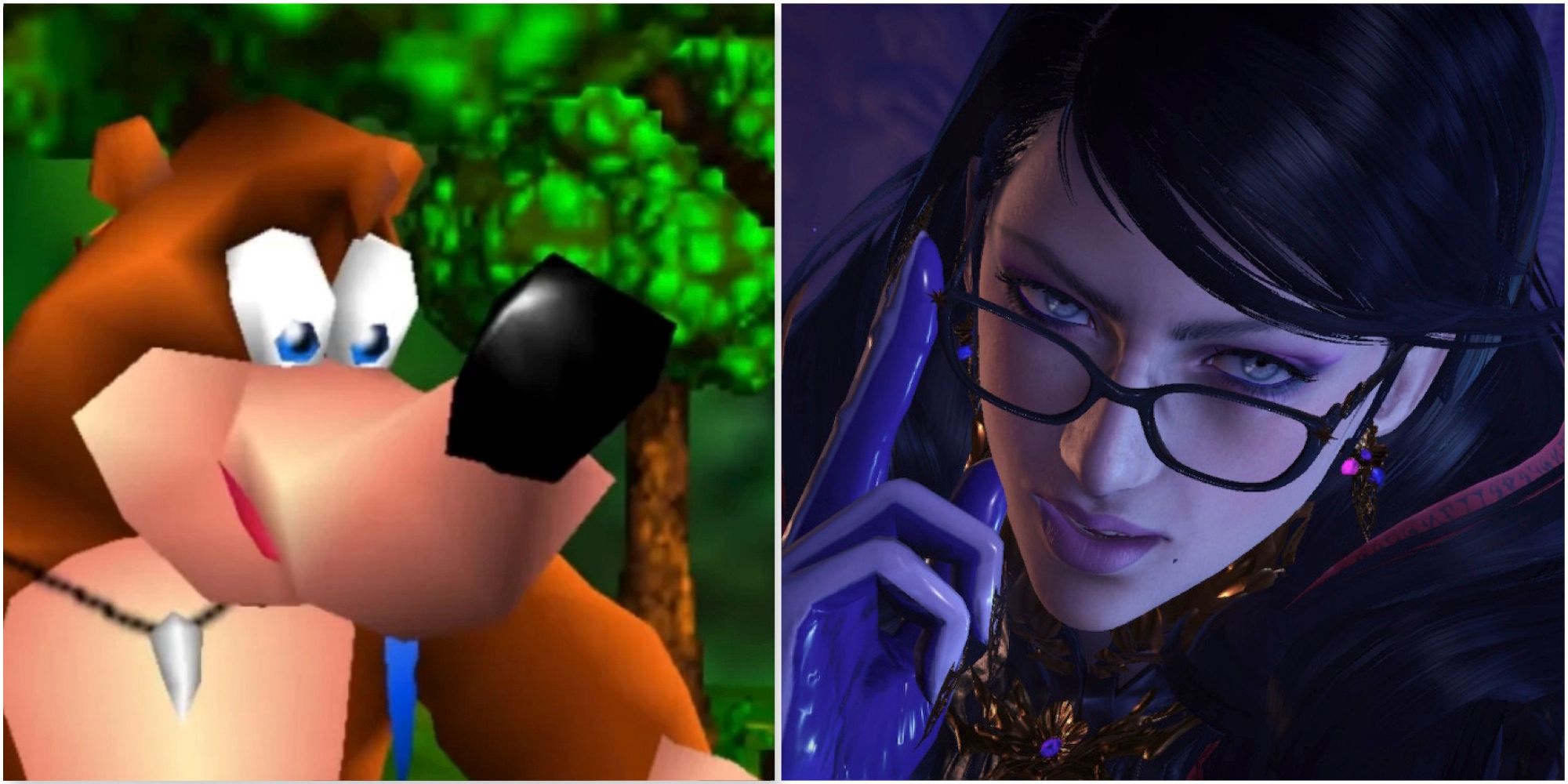
8 Iconic Video Game Franchises That Moved to a Different Platform
These notable video game franchises transitioned from one platform to another for many notable reasons.
Back in 1989, the first installment was released as Dragon Warrior in North America, because Enix was concerned about their copyright clashing with an existing tabletop RPG called DragonQuest. The series continued to use the Dragon Warrior name in North America until 2005, when Dragon Quest 8: Journey of the Cursed King went back to its original title after this legal problem was finally worked out by the parties involved.
4 XCOM
Previously Known As: UFO & X-COM
XCOM: Enemy Unknown
- Released
- October 9, 2012
- Developer(s)
- Firaxis Games , 2K Games , Feral Interactive
- Genre(s)
- Turn-Based Strategy , Action , Tactical , Strategy
XCOM is a popular series of sci-fi strategy video games that reached newfound success with the release of XCOM: Enemy Unknown in 2012, and all of its following sequels. But new fans may not know that this franchise had an entirely different name when it was first released in Europe.
Back in 1994, the first game in the series was called UFO: Enemy Unknown, but MicroProse was worried that they might have copyright issues with a name as generic as that one, so they changed to the much more recognizable, X-COM. Then, in 2012, 2K Games dropped the hyphen, finally turning the franchise into XCOM.
3 Gears
Previously Known As: Gears of War
Gears 5
- Platform(s)
- PC , Xbox One , Xbox Series X , Xbox Series S
- Released
- September 10, 2019
- Developer(s)
- The Coalition
- Genre(s)
- Third-Person Shooter
The Xbox brand is home to some of the most important game franchises, and one of the most beloved ones under their wing is the series of violent third-person shooters currently known as Gears. But most people still call it by its previous name, Gears of War, to this day.
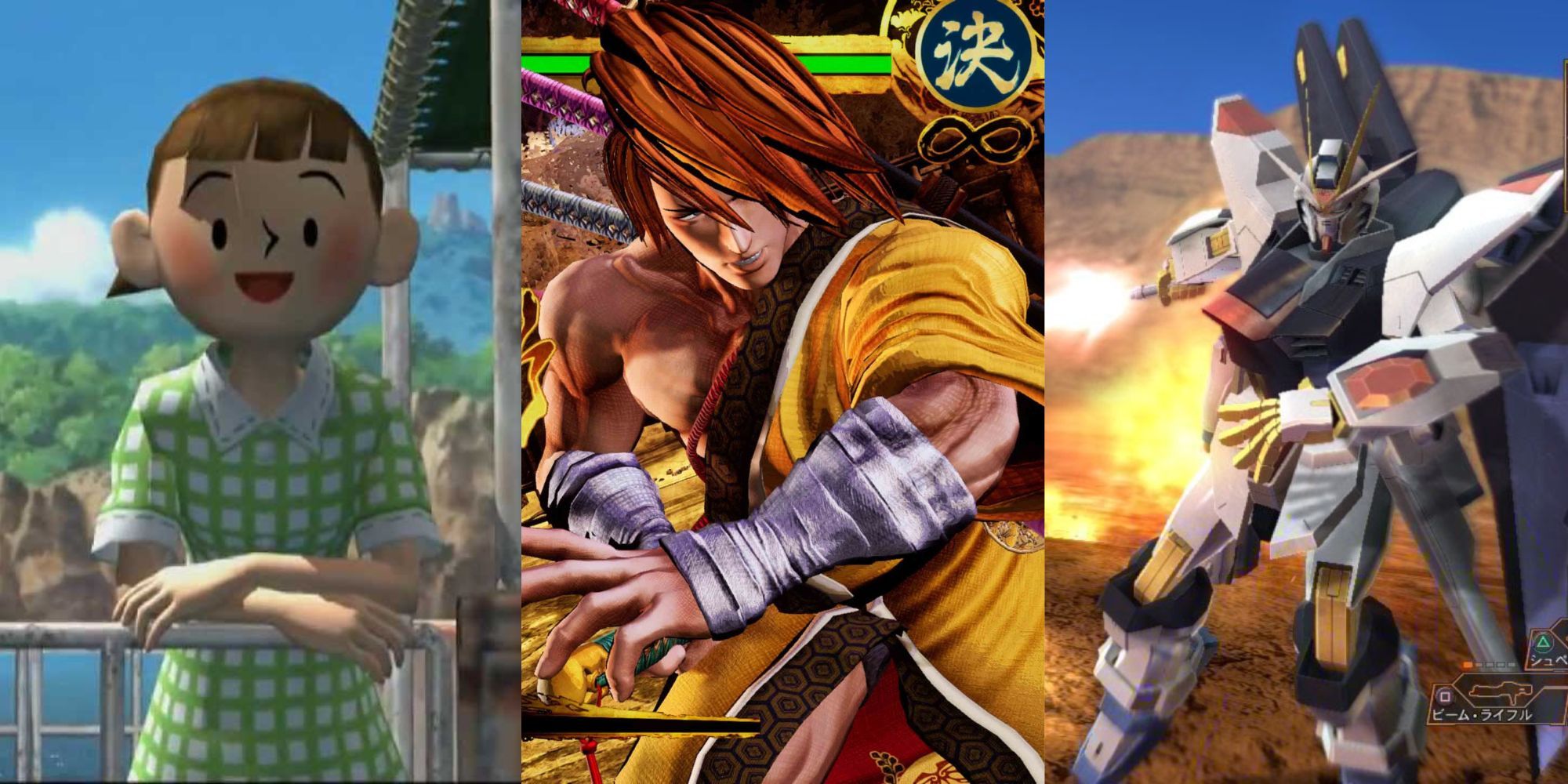
7 Video Game Franchises That Are Big In Japan But Never Really Crossed Over Internationally
These video game franchises were huge successes in Japan but struggled to sell elsewhere in the world.
The new Gears title has been used from the fifth installment onwards. According to Xbox’s Aaron Greenberg, this new name is “cleaner” and it felt like a natural change because, according to him, most fans were ignoring the “Of Wars” part. There’s also a possibility that Microsoft went with this change because they didn’t want to have their franchise confused with Sony’s God of War, since both of them were usually abbreviated as GOW.
2 Red Dead Redemption
Previously Known As Red Dead Revolver
Most gamers are aware of Rockstar Games’ legendary western open world game series, Red Dead Redemption. But most of them may not know that the 2010 title of the same name was not the first entry in this franchise. It actually originated with Red Dead Revolver, released back in 2004.
Red Dead Revolver was a third-person shooter that had quite a messy development, and it was originally going to be published by Capcom, who eventually canceled it. But Rockstar Games later acquired the rights to the game and released it, even though it ended up getting a mixed reception. There has not been an official explanation as to why they later changed “Revolver” to “Redemption,” but it’s likely they did so in order to differentiate the new games from their predecessor.
1 Like A Dragon
Previously Known As: Yakuza
Like a Dragon Gaiden: The Man Who Erased His Name
- Platform(s)
- PC , PS4 , PS5 , Xbox One , Xbox Series X , Xbox Series S
- Released
- November 9, 2023
- Developer(s)
- Ryu Ga Gotoku Studio
- Genre(s)
- Action-Adventure
There’s been a lot of confusion in the gaming industry lately, which started when Sega began announcing new video games about Japanese gangsters starring Kazuma Kiryu. These new games were named Like a Dragon, instead of the previously used Yakuza name. This is because the franchise was rebranded in its entirety. This happened outside of Japan, of course, since it was always known as Like a Dragon in its country of origin.
Starting from Like a Dragon: Ishin! onwards, the series kept the original name. Sega explained that the reason for this rebranding was that the newer releases began telling stories that were not always focused on Yakuza organizations, but were rather celebrations of Japanese culture in general. So this change was made, so their marketing could more closely align with the original name. After all, it’s easier for Sega to have a successful franchise that has the same name all over the world.
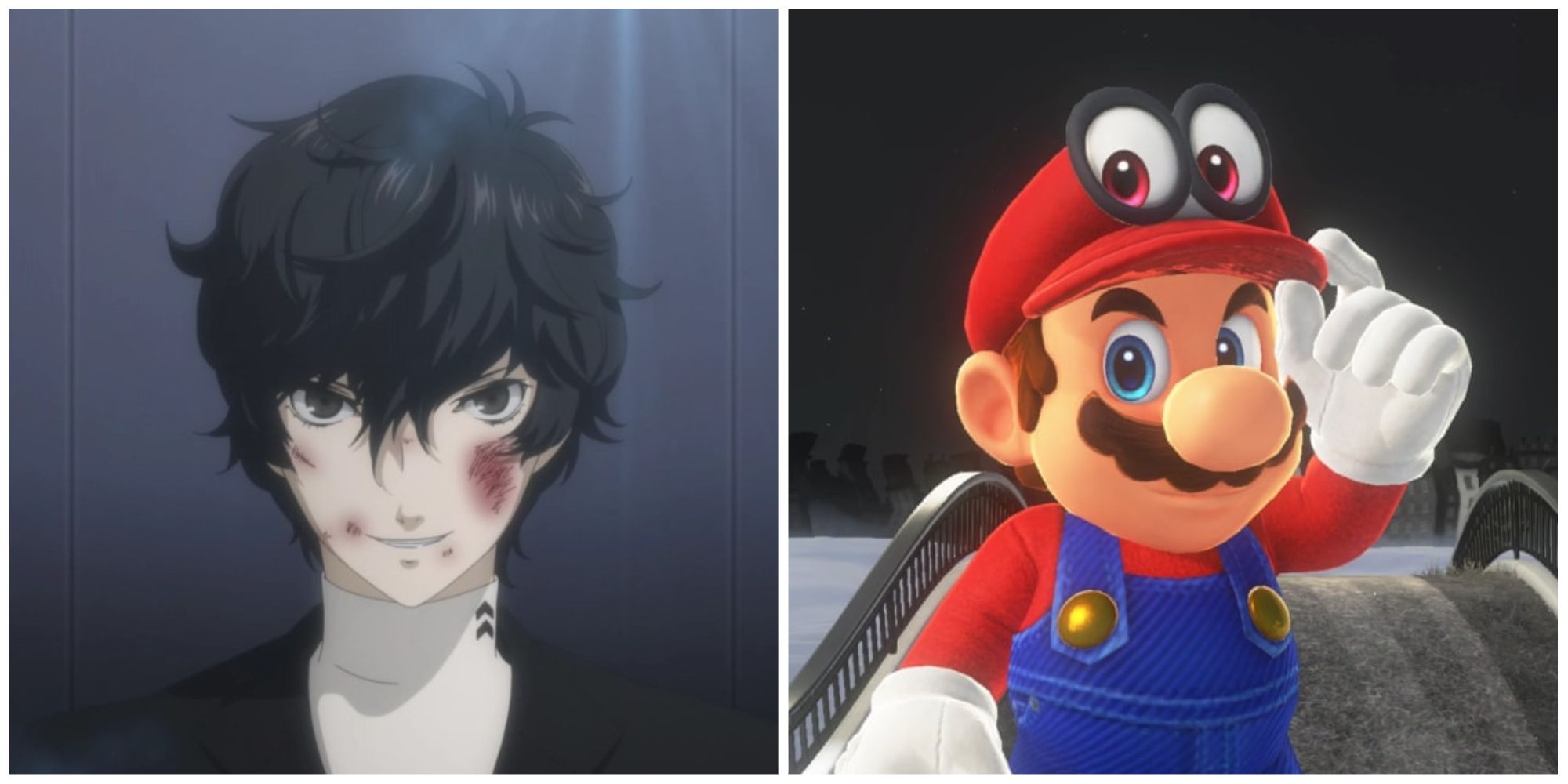
10 Video Game Franchises That Will Still Be Around 30 Years From Now
The following gaming franchises are bound to stand the test of time and will almost certainly remain standing throughout the next thirty years or so.

